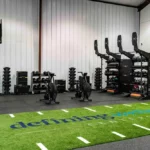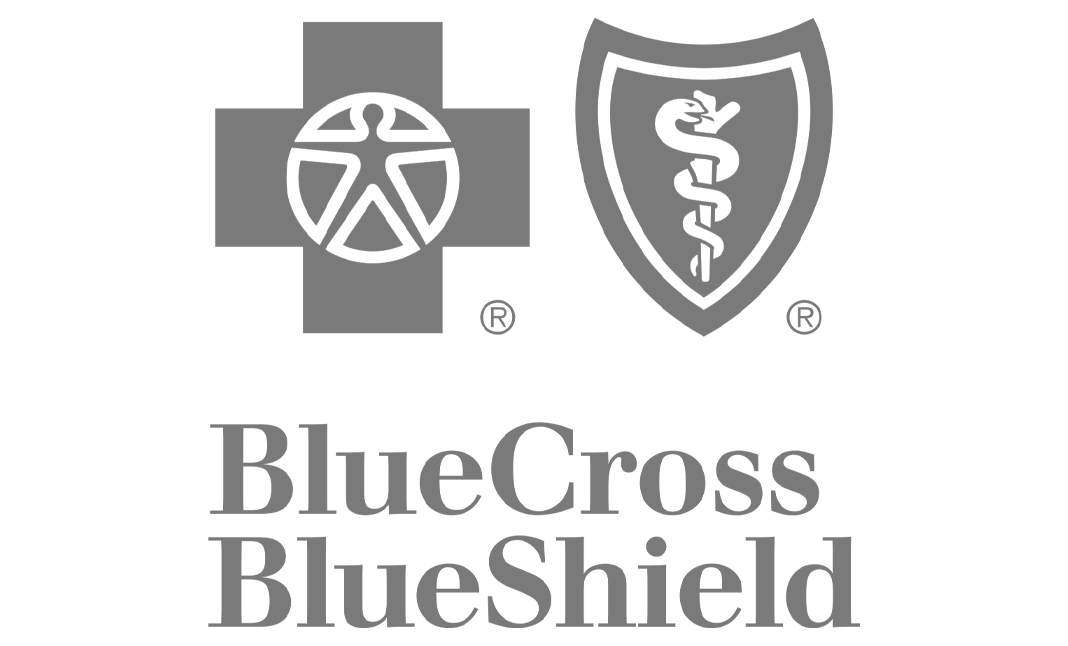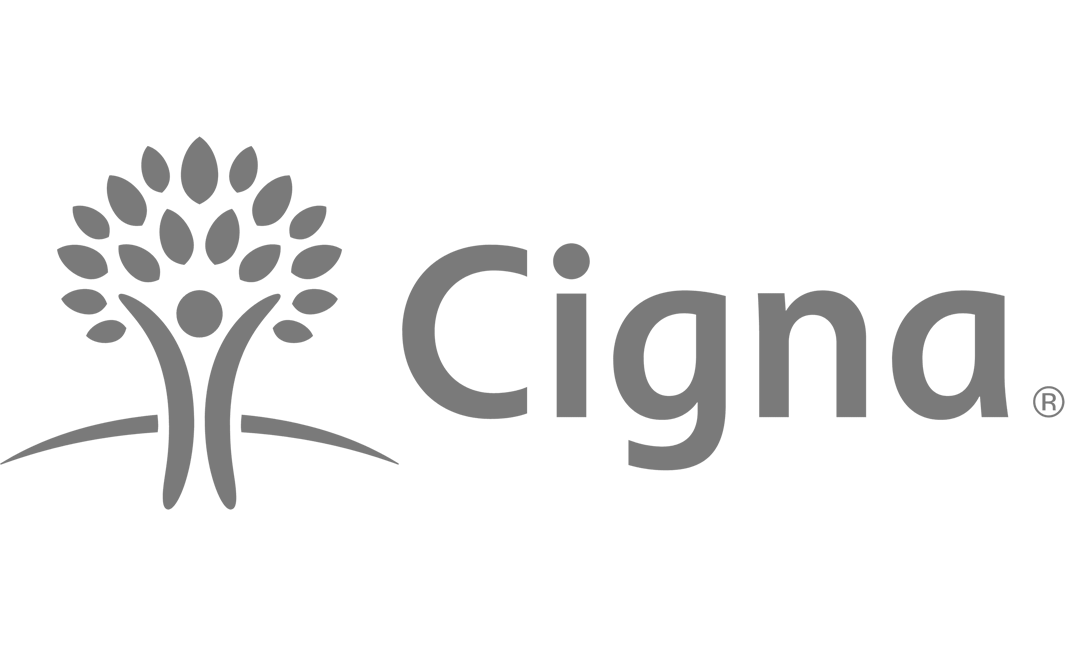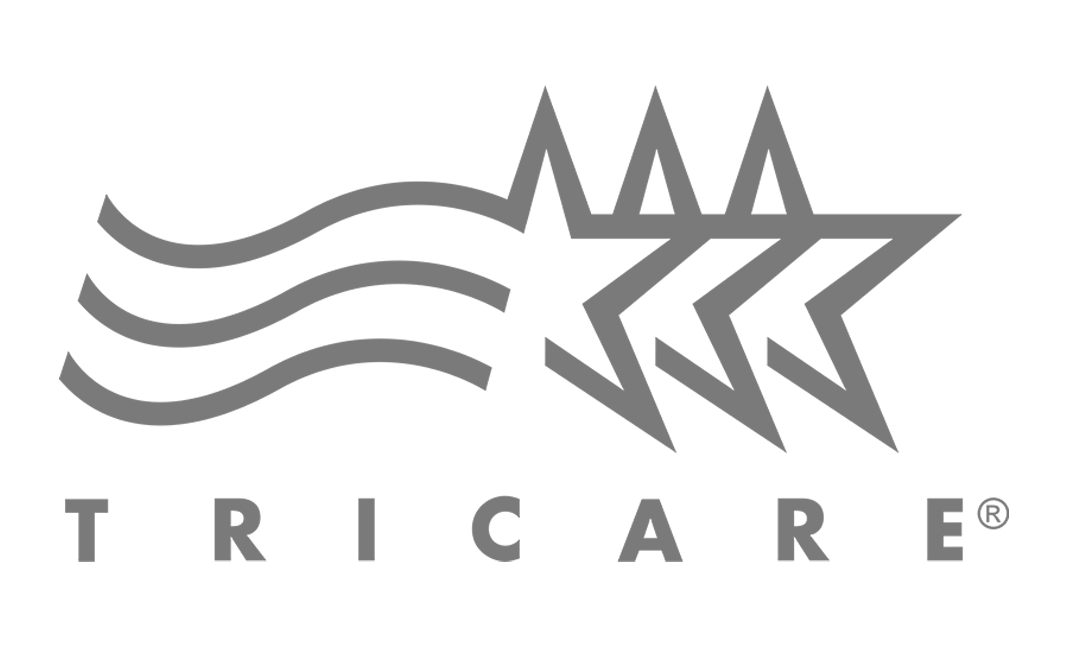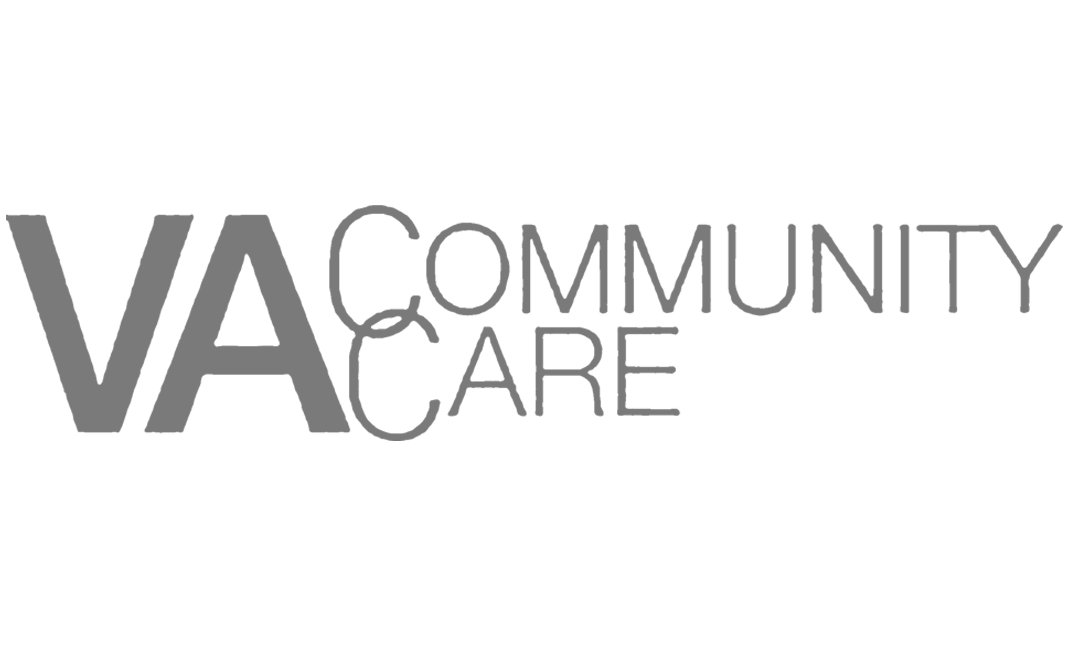Veterans & First Responders Addiction Treatment Programs
- Authored By: Defining Wellness
- Reviewed By: Dr. John Elgin Wilkaitis
- Last Updated: December 5th, 2022
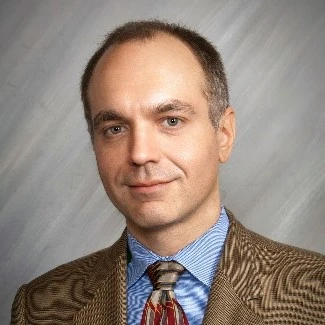
Dr. John Elgin Wilkaitis
Dr. John Elgin Wilkaitis completed medical school at The University of Mississippi Medical Center and residency in general psychiatry in 2003. He completed a fellowship in Child and Adolescent Psychiatry at Cincinnati Children’s Hospital in 2005. Following this, he served as Chief Medical Officer for 10 years of Brentwood Behavioral Healthcare a private health system including a 105-bed hospital, residential treatment, and intensive outpatient services.
Admissions Question?
If you find yourself among the millions of people who battle with addiction and want to stop, chances are you have questions as to where to start. We’re here to help.
Veterans & First Responders Face Co-Occurring Diagnoses at Higher Rates
Serving on the front lines is a calling for many. Whether via military service, working as a first responder, or providing healthcare as a medical professional, we’re grateful to the servicemembers who put themselves at risk every day to help others. This work is not easy and while it can be fulfilling, it often comes at a personal sacrifice. First responders and veterans struggle with increased rates of post-traumatic stress disorder (PTSD) and substance use disorder (SUD). They experience traumatic events, often on a daily basis, without the time needed to properly address and begin healing from these events. When someone is in a constantly heightened state as a result of a trauma response, their body and brain don’t have the opportunity to decompress and deal – rather, they stay heightened and live in a survival mode of sorts.

On average about 7-8% of the United States population will have a PTSD diagnosis. Roughly 8% of the US population has an SUD diagnosis at any given time. These figures jump significantly when correlated to veterans and first responders. Anywhere from 11-20% of veterans will be diagnosed with PTSD and 20% with PTSD will also have SUD. 1 in 10 veterans returning from wars in Iraq and Afghanistan who were seen in the VA were diagnosed with a problem with alcohol and/or other drugs. Substance use and mental health needs are often underreported by both the civilian population and the military/first responders. There are a variety of reasons that contribute to this, including shame, guilt, fear of job loss, etc. The reality is that our first responders and veterans are struggling at higher rates than others and need a safe space to receive appropriate treatment.

A Clinical Team With Experience Treating Military Service Members & First Responders
Defining Wellness Centers medical team and clinical team is headed by individuals who have worked with military personnel and first responders for years, making significant strides in providing treatment for PTSD, trauma, depression, and addiction. Our Medical Director, Dr. Allyn Resch, worked at the VA for several years treating both military personnel and their families. Through her experience, Dr. Resch knows how difficult mental health and addiction can be for all involved and has an understanding of the trauma that impacts veterans and first responders. Her experience is beneficial in helping each person to heal as a whole.
Dr. Duke Vinson, the COO at Defining Wellness Centers, has worked with veterans and military service members for many years, specializing in the therapeutic treatment of PTSD. His knowledge and experience is integral in helping those who have struggled with trauma from deployments. Dr. Nelson Pichardo, our psychiatrist, was a member of the United States Air Force and served as Medical Director of Eglin Air Force Base’s Mental Health Clinic. Dr. Pichardo is familiar with the toll that mental health and addiction can take on active duty service members, veterans, first responders, and their loved ones.
Our treatment team is well-versed in treating trauma and has the skill set necessary to provide clinical care that will make a difference in the lives of our clients. As someone who has always had to show strength, it can be difficult to admit you need help and seek treatment, and we understand that. The background of our behavioral health program staff provides unique insight into what our clients experience and we’re expertly positioned to begin the healing process.
Dr. Duke Vinson, the COO at Defining Wellness Centers, has worked with veterans and military service members for many years, specializing in the therapeutic treatment of PTSD. His knowledge and experience is integral in helping those who have struggled with trauma from deployments. Dr. Nelson Pichardo, our psychiatrist, was a member of the United States Air Force and served as Medical Director of Eglin Air Force Base’s Mental Health Clinic. Dr. Pichardo is familiar with the toll that mental health and addiction can take on active duty service members, veterans, first responders, and their loved ones.
Our treatment team is well-versed in treating trauma and has the skill set necessary to provide clinical care that will make a difference in the lives of our clients. As someone who has always had to show strength, it can be difficult to admit you need help and seek treatment, and we understand that. The background of our behavioral health program staff provides unique insight into what our clients experience and we’re expertly positioned to begin the healing process.

PTSD & Trauma Treatment In A Safe Environment
Not only does addiction often arise as a coping mechanism for PTSD and trauma, but some find themselves in a position where the depression gets to be too much and they contemplate suicide. First responders, including police and firefighters, face PTSD and depression rates that are nearly five times higher than the civilian population. In 2017 there were 103 reported firefighter suicides and 93 line-of-duty deaths. The Firefighter Behavioral Health Alliance estimates that only 40% of firefighter suicides are reported, which means that the actual number of suicides in a given year could be more than twice the number of line-of-duty deaths.
Facing constant exposure to death and destruction takes its toll and can cause depression and PTSD, along with increasing overall stress in one’s life. First responders and active service members face this daily – it’s not a one-time traumatic experience that occurs in someone’s life, but a daily scenario that is played out on repeat. The weight that first responders and military service members/veterans carry around day-to-day is heavy, and there’s still a stigma attached to getting the resources one needs to get well. If someone has cancer or another illness, they receive ongoing support from their loved ones and peers, but with addiction and mental health diagnoses, there’s still a lack of understanding. Many national organizations have created hotlines and programs to support first responders who are struggling with stress and depression, but many don’t feel safe reaching out to those helplines.
Defining Wellness Centers provides a safe, secure environment in which first responders and veterans can identify the underlying trauma that they’re struggling with and begin the process of healing. Our team understands what first responders go through and we work with each individual to collaboratively develop a treatment plan and program that will help them to receive the help that they need.
Facing constant exposure to death and destruction takes its toll and can cause depression and PTSD, along with increasing overall stress in one’s life. First responders and active service members face this daily – it’s not a one-time traumatic experience that occurs in someone’s life, but a daily scenario that is played out on repeat. The weight that first responders and military service members/veterans carry around day-to-day is heavy, and there’s still a stigma attached to getting the resources one needs to get well. If someone has cancer or another illness, they receive ongoing support from their loved ones and peers, but with addiction and mental health diagnoses, there’s still a lack of understanding. Many national organizations have created hotlines and programs to support first responders who are struggling with stress and depression, but many don’t feel safe reaching out to those helplines.
Defining Wellness Centers provides a safe, secure environment in which first responders and veterans can identify the underlying trauma that they’re struggling with and begin the process of healing. Our team understands what first responders go through and we work with each individual to collaboratively develop a treatment plan and program that will help them to receive the help that they need.
How Our Facility Helps Veterans & First Responders
We provide clinical programming for veterans and first responders that encompasses a variety of areas. Healthy living, including developing a good sleep schedule, eating a balanced diet, and finding ways to relieve stress, such as physical fitness, are all important. Many first responders and veterans have worked in roles that are physically demanding, and taking care of one’s physical health is crucial to a successful recovery. We utilize technology such as the red light charger and low-density PEMF to aid in pain management, reduce inflammation in the body, and support healthy sleeping patterns. Biofeedback is also employed to help the brain heal the neural pathways damaged by addiction.
Our co-occurring disorders treatment team provides clinical care focused on PTSD and trauma work, using modalities like Eye Movement Desensitization and Reprocessing (EMDR) and Brainspotting. We also have adventure-assisted therapy, equine-assisted therapy and a variety of other experiential modalities, such as art and music, which we use in conjunction with Cognitive Behavioral Therapy (CBT) and Dialectical Behavioral Therapy (DBT).
Our co-occurring disorders treatment team provides clinical care focused on PTSD and trauma work, using modalities like Eye Movement Desensitization and Reprocessing (EMDR) and Brainspotting. We also have adventure-assisted therapy, equine-assisted therapy and a variety of other experiential modalities, such as art and music, which we use in conjunction with Cognitive Behavioral Therapy (CBT) and Dialectical Behavioral Therapy (DBT).
Sources:
Begin your Recovery Today
If you are ready to take the step towards a new life, call Defining Wellness today and learn more about how we can help you.







